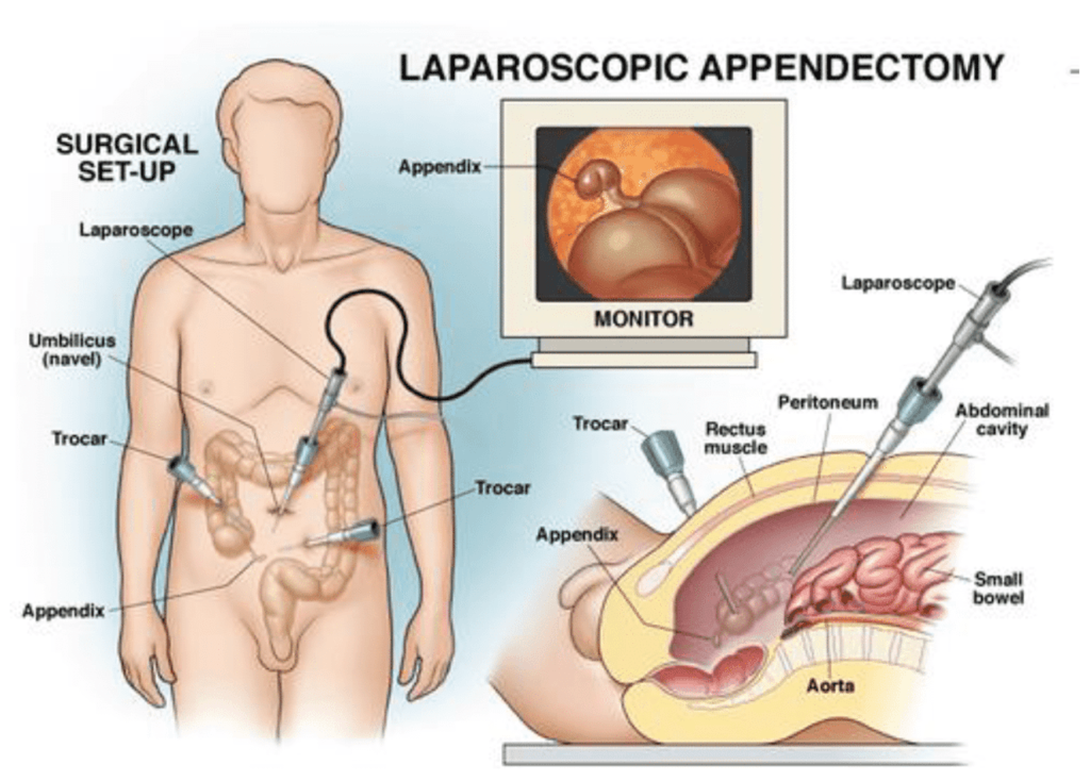A nurse is interviewing a client who has a personality disorder. The nurse and client have agreed on an interview time, but the client resists discussing her feelings until 5 minutes prior to the end of the session and then asks for additional time. Which of the following actions should the nurse take?
Extend the scheduled time, as the client is finally able to discuss important feelings.
End at the scheduled time, telling the client that he can continue at the next scheduled session.
Arrange for another nurse to continue the interview.
Set an extra meeting time to discuss the client's feelings.
The Correct Answer is B
Choice A reason: Extending the scheduled time could reinforce the client's resistance to discussing feelings until the end of the session, which is not therapeutic.
Choice B reason: Ending at the scheduled time maintains boundaries and structure, which are important in the therapeutic relationship, especially with clients who have personality disorders.

Choice C reason: Arranging for another nurse to continue the interview may disrupt the continuity of care and the therapeutic relationship.
Choice D reason: Setting an extra meeting time could be considered if the client's needs are urgent, but it is not the best option in this scenario as it may reinforce avoidance behaviors.
Nursing Test Bank
Naxlex Comprehensive Predictor Exams
Related Questions
Correct Answer is C
Explanation
Choice A reason:
Calling the surgeon to talk to the patient may be helpful in some cases, but it does not directly address the patient's immediate emotional needs. The surgeon can provide detailed information about the procedure, which might alleviate some fears, but this is not always the immediate solution.
Choice B reason:
Offering to call the chaplain for the patient could provide emotional and spiritual support, which is important in holistic care. However, this should be done in addition to addressing the patient's concerns about the surgery itself.
Choice C reason:
Informing the patient that the survival rate for this surgery is very high directly addresses the patient's fear about not surviving the surgery. Providing factual reassurance about the success rate can help to alleviate anxiety and is an appropriate immediate response.
Choice D reason:
Recommending analgesics only during surgery does not address the patient's expressed fear and is not an appropriate response to the emotional concern. Analgesics are for pain management and do not provide reassurance about the outcome of the surgery.
Correct Answer is A
Explanation
Choice A reason: An appendectomy is a surgical procedure to remove the appendix, typically due to appendicitis.

Choice B reason: Removal of the colon is known as a colectomy, not an appendectomy.
Choice C reason: Cutting into the appendix may be part of the procedure, but appendectomy specifically refers to the removal of the appendix.
Choice D reason: Repair of the appendix is not a common procedure; appendectomies are performed to remove the appendix, not repair it.
Whether you are a student looking to ace your exams or a practicing nurse seeking to enhance your expertise , our nursing education contents will empower you with the confidence and competence to make a difference in the lives of patients and become a respected leader in the healthcare field.
Visit Naxlex, invest in your future and unlock endless possibilities with our unparalleled nursing education contents today
Report Wrong Answer on the Current Question
Do you disagree with the answer? If yes, what is your expected answer? Explain.
Kindly be descriptive with the issue you are facing.
